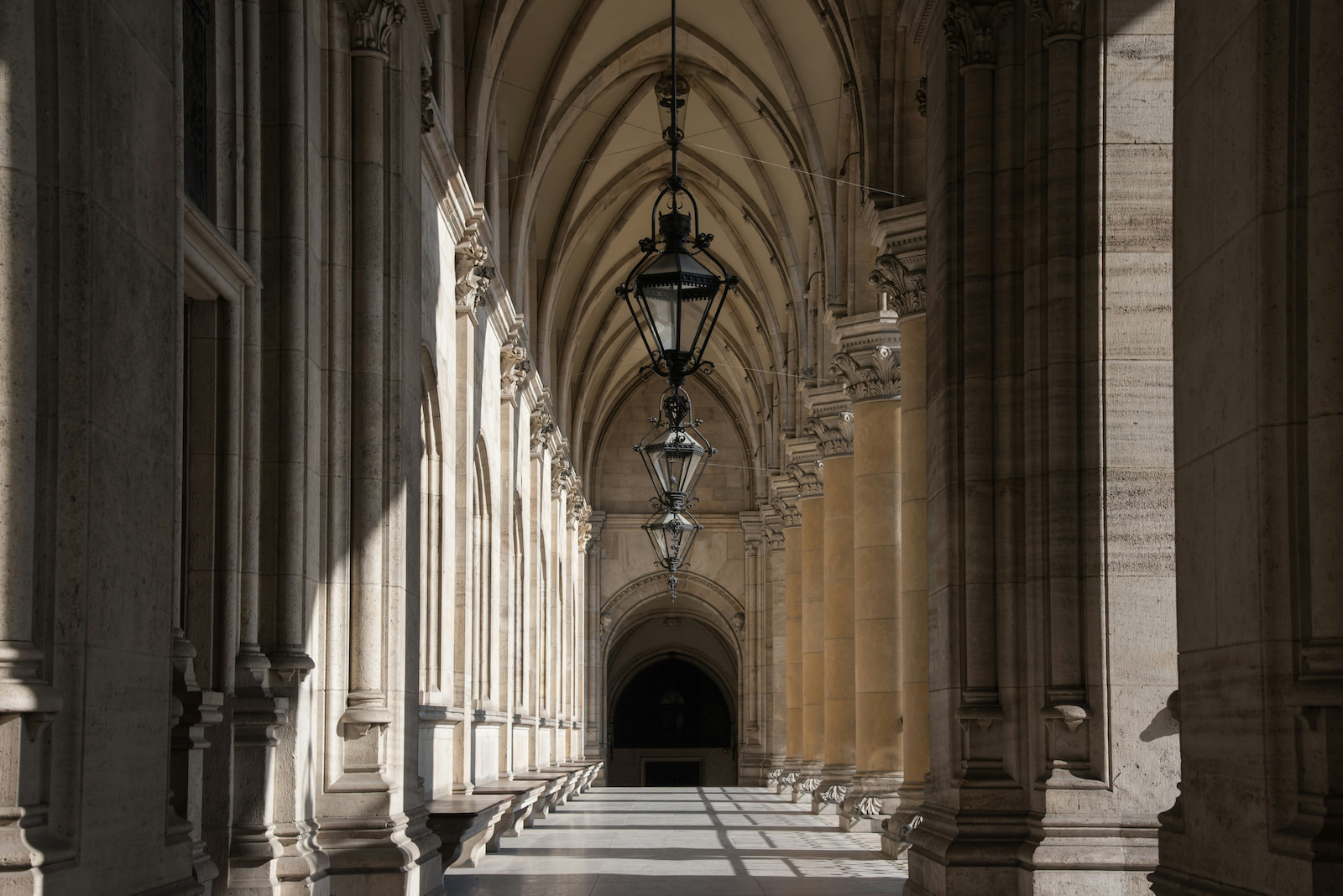The School System in Austria: Everything You Need to Know in 2025

How Education Works in Austria
Compulsory education in Austria starts at age 6 and lasts until age 15. The system is divided into several stages:
1. Primary Education — Volksschule (Ages 6–10)
- Duration: 4 years
- Language of instruction: German
- Core subjects: Literacy, mathematics, natural sciences, art
- Note for foreign children: DaZ classes (German as a second language) are often available to support integration.
2. Lower Secondary Education — Mittelschule or Gymnasium (Ages 10–14)
- Mittelschule: A general, practical education format for most children
- Gymnasium: A more academic pathway, typically preparing students for university
- The choice between the two is made after Volksschule, based on academic performance and family preferences.
3. Upper Secondary Education — Oberstufe (Ages 14—18/19)
Students can choose between two main paths:
- AHS (Allgemeinbildende Höhere Schule): Academic track, ends with the Matura exam, which grants access to university.
- BHS (Berufsbildende Höhere Schule): Combines technical/professional training with general education. Graduates receive a diploma and can also enter higher education.
- HTL (Höhere Technische Lehranstalt): A highly regarded technical path, ideal for careers in engineering or IT.
International and Private Schools in Austria
For expat families — especially those whose children don’t speak German yet — international or private schools are a great alternative.
International Schools
- Instruction in English, French, Russian, and other languages
- Curricula offered: IB (International Baccalaureate), British, American, Montessori
- Ideal for globally mobile families
- Popular in major cities: Vienna, Salzburg, Linz, Graz
Private Schools
- Often based on religious or educational philosophies (e.g. Waldorf, Catholic)
- Sometimes combine traditional and alternative approaches
- Fee-paying, but usually less expensive than international schools
Top Private & International Schools in Austria
- Amadeus International School Vienna
Offers high-quality English-language education, including the IB program. Known for integrating music and arts into the curriculum, perfect for talented students with creative passions. - The American International School of Vienna
Offers education from kindergarten to high school, based on the U.S. curriculum. Includes IB and Advanced Placement (AP), making it a great fit for students aiming to study in the U.S. or internationally. - Vienna International School
Offers a multilingual environment and a robust IB curriculum. Well-suited for families speaking different languages at home and looking for a globally recognized education. - Theresianum (Vienna)
One of Austria’s oldest and most prestigious schools, offering German-language education with a focus on academic excellence. Best suited for students planning to study at Austrian or European universities.
Advantages of the Austrian Education System
- High Quality: Focus on academic excellence and personalized learning.
- Accessibility: Free public education is available to all children, regardless of nationality.
- Practical Skills: Strong emphasis on both theoretical and practical skills, preparing students for real-world careers.
What Foreign Families Need to Enroll a Child in School
Required documents:
- Meldezettel (proof of local registration)
- Child’s and parents’ passports
- School records or transcripts (if transferring from another country)
- e-card (health insurance card)
- Vaccination certificate
Language support: Children who do not speak German are often placed in preparatory classes or receive language assistance during their first year.
Tips for Expats and Foreign Families
- Plan ahead: Choose a school before your move, especially if you’re looking for an international program.
- If your child is 10+ years old, decide early between academic or vocational pathways.
- Check school zoning (Schulsprengel) — many public schools only accept students from specific residential areas.
- Look into after-school care (Nachmittagsbetreuung) — essential for working parents or entrepreneurs.
Conclusion
Austria offers a stable, well-structured, and flexible education system that supports both local and international families. By understanding how the school system works — and what your child needs to enroll and succeed — you’ll be better equipped to help them thrive.
Whether you’re an entrepreneur, expat, or family planning a move, being informed about Austria’s school system is a key step toward a smooth and successful transition.
